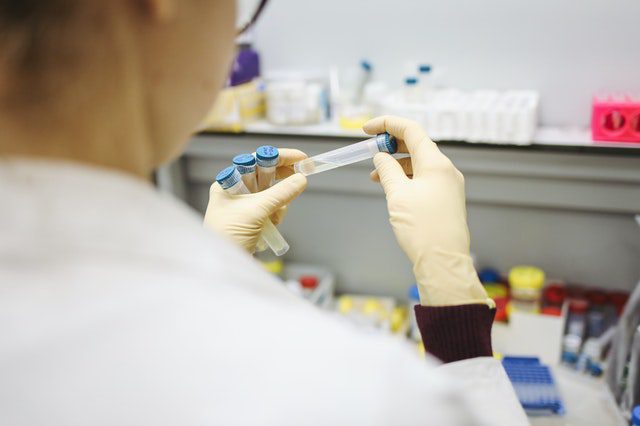World hunger, global warming, and wildfires were the main sources of anxiety and concern for environmentalists and researchers before 2020. But then, the whole world was taken aback by the advent of a lethal disease that spread like fire in the jungle. Scientists were quick to identify the source of the infection as the coronavirus. Let’s take a closer look at the types of COVID-19 tests available.
Spread Of The COVID Virus
The exact mechanism of transfer of the disease is not clear (especially in children) but the virus is believed to spread via respiratory routes i.e. by the breath of an infected person. The coronavirus can travel in the form of air droplets whenever an infected person talks, coughs, breathes, or sneezes. It can also transfer via the hands of the infected person and enter your respiratory system when you touch your nose, mouth, and eyes with a virus-carrying hand.
Signs And Symptoms Of COVID-19
Coronavirus affects the lungs and upper respiratory tract. Therefore, you might experience the following symptoms:
- Cough (dry) associated with fever
- Sore throat
- Labored or difficult breathing or shortness of breath
- Chest pain
- Lethargy
- Generalized aches
- Diarrhea
- Loss of taste
- Headaches
- Rash on skin
How To Diagnose COVID-19?
Diagnosis of the COVID-19 infection is based on the presence of signs and symptoms mentioned above, history of contact with a COVID-19 infected person or history of international travel, the analysis of radiographs (to look for lung damage), and specified coronavirus tests. There are different types of COVID-19 tests that are being done readily all across the globe. To know whether you are being tested properly or not is very important. Let’s look at the different COVID-19 screening tests used around the world.
What Are The Types Of COVID-19 Tests Available?
The main types of COVID-19 tests are:
- PCR Testing
- Serology Testing
- Antigen Testing
- Lateral Flow Assay Technique
COVID-19 PCR Type Test
Limitations Of The PCR Type of COVID-19 Testing
- Requires highly trained professionals and expensive machines to perform
- False-negative results may be as high as 20-30%
- Takes some time to get results
- May detect the virus even when the patient has recovered, as one study suggests
According to Science Direct, patients who recovered from COVID still show a positive result for an infection on this type of COVID-19 test. This can confuse doctors into believing that patients have a re-infection.
COVID Serology Test
The serology test detects the presence of antibodies in your blood. Antibodies are chemicals (proteins) released by the immune system (defense system) in response to invasion by viruses. This test relies on the activity of your immune system to produce protective proteins. Enzyme-linked immunosorbent assay (ELISA) test (a type of serology testing) is used to detect the levels of COVID-19 antibodies in the blood plasma. The test is highly specific (99%) and sensitive (99%).
As per an analysis, it is concluded that antibody testing is an accurate screening tool that may be combined with molecular testing (a test that checks for certain molecules in a sample).
Antigen Type of COVID-19 Test
This is the quickest and the most rapid way of getting results from a COVID test. A nasal or throat swab is taken to detect a protein in the nucleocapsid (a shell enclosing the virus’s genetic material) of the coronavirus. An antigen is a part of a virus that is identified by the immune system and triggers an immune response. The antigen test looks for this particular agent to confirm the diagnosis. The best part of the test is that it is very fast and relatively inexpensive which makes it affordable for poorer communities.
The downside of this type of testing is that the results can be low on accuracy. According to an analysis, antigen detection tests are effective when the viral load (number of viruses in the body) is high but the test has poor sensitivity overall.
COVID Lateral Flow Assay Technique Test
Lateral flow immunoassay is another way of checking the antigens and antibodies to confirm a COVID-19 diagnosis. This test looks for specific biomarkers in the body fluid such as blood, plasma, and saliva, etc. Lateral flow assay tests are found to be pretty accurate.
There are different types of COVID-19 tests available in the world and so getting the right type of test that meets your requirement of time and fees can be considered, should you need to take a test.





